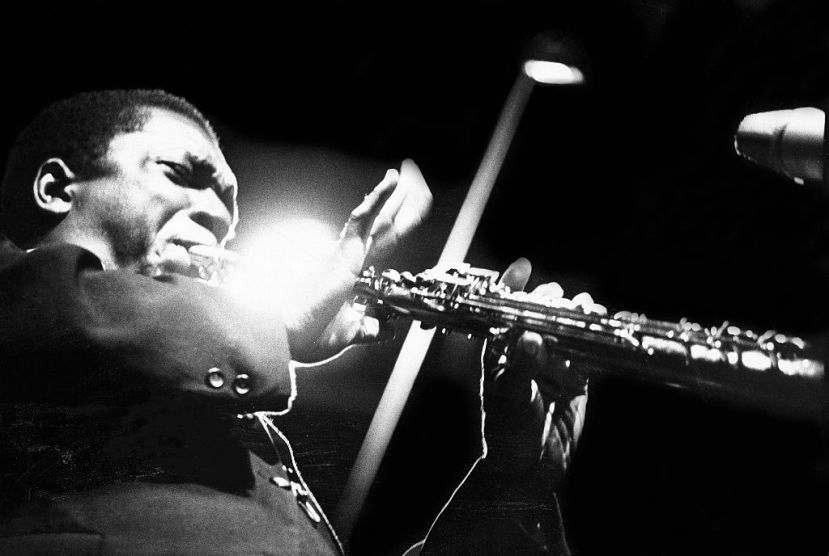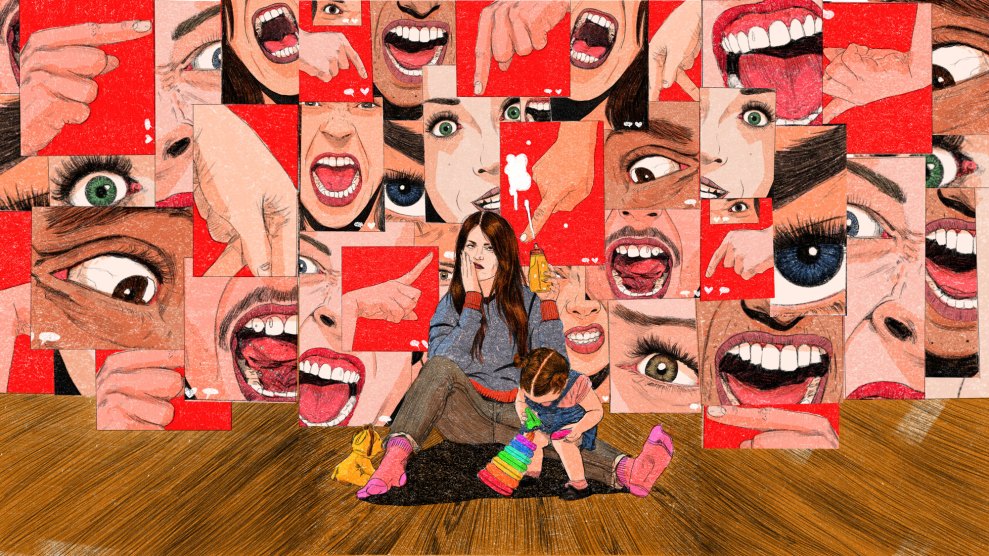In Ralph Ellison’s famous unfinished novel Juneteenth, the Rev. Alonzo Hickman, a Southern Black church leader, has to explain to a dying white senator that the eponymous holiday is still celebrated: “We haven’t forgotten what it means,” he says. “Even if sometimes folks try to make us believe it never happened or that it was a mistake it ever did…”
Ellison’s novel uses the holiday to ask questions about what freedom means. And it swirls around how the forgetting of history, of the past, gets us to that place. Juneteenth itself is a potent example of this. States, and businesses, are increasingly recognizing it is a holiday celebrating the end of slavery. But it honors the date—June 19, 1865—when Union Gen. Gordon Granger read federal orders in Galveston, Texas, announcing the freedom of enslaved Americans in Texas, even though President Abraham Lincoln had signed the final version of the Emancipation Proclamation on January 1, 1863. The point is that the proclamation did too little to change the lives of many Black people enslaved in the United States. This has an unfortunate rhyme with the way the holiday has been untaught and unheralded by white institutions.
Ellison was often interested in the history of forgetting. How does the United States hide itself from the past? And what does that mean for Black Americans whose past has been hidden? In one essay, he finds particular power in art that can combat American myths: music.
“Perhaps in the swift change of American society in which meanings of one’s origin are so quickly lost, one of the chief values of living with music lies in its power to give us an orientation in time,” he writes.
Here’s a list in that spirit. If you’re looking for Juneteenth-specific music, others have collected music about the holiday and I highly recommend collections from the Library of Congress on the holiday, including interviews conducted by Zora Neale Hurston. This is a shortlist of music, instead, that orients us in time. Much of it is on Bandcamp, which is celebrating the holiday by donating shares of purchases to the NAACP Legal Defense Fund.
Sonny Sharrock, Ask the Ages
The last album from legendary jazz guitarist Sharrock before his death, in 1994, Ask the Ages is not background music or casual listening—it is foregrounded and loud. It asks you to engage. In fact, it demands it. As Marcus J. Moore notes in the New York Times, Sharrock was part of a broader movement of black liberation jazz. The experimental nature here is a probing of what is possible. Sharrock is a bit more obscure than the names from the genre you’ve likely heard: Ornette Coleman, Pharoah Sanders, Alice Coltrane. But as one reviewer noted: With his guitar, he could “hold lightning in his bare hands.” He sought to traverse out to where free jazz went with horns and saxophones, notes exploding and overflowing. Of course, it helps on this record to have support from Sanders on saxophone and Elvin Jones on drums. I particularly like the track “Once Upon a Time.” But the record is best enjoyed in totality. —JR
Beauty Pill, Please Advise
Music is just one dimension of Beauty Pill’s art. And Please Advise, the Washington, DC–based band’s latest offering, shows there’s as much measured intention behind every note and lyric as there is for how it’s consumed. Named after a throwaway sentence in Teo Macero’s infamous 1969 memo to Columbia Records about Miles Davis’ new record (“Miles just called and said he wants this album to be titled BITCHES BREW. Please advise.”), Please Advise is pure kaleidoscopic art-pop; layers of dense melodies expand into new rhythmic fractals with each listen. Beauty Pill is no stranger to turning music into art—literally—and this album is as much physical art as it is musical: each format (CD, LP, cassette) is thoughtfully packaged with its own unique art and music. It might be old-fashioned to obsess over packaging and design but, like Beauty Pill bandleader Chad Clark, I’m also a firm believer that “the whole of the record is art.” (And if you somehow needed another reason to buy this album, Clark’s late father was the general counsel of the NAACP Legal Defense Fund. Synergy, y’all.) —MC
Brother Ah
Brother Ah communicated with the world, and I don’t just mean that in the spiritual sense. I once interviewed the renowned jazz musician—who had played with all the greats, from Sun Ra to Thelonious Monk and John Coltrane—and he told me a story about how he once played flute for a blue crane, at the National Zoo, that was struggling to lay its eggs. He told me how he had studied the musical language of birds and was able to imitate their language to get the crane to lay eggs. You can hear how Brother Ah—whose given name was Robert Northern III—communicated with nature on his six solo albums, originally released in the ’70s and ’80s but given new life when reissued by the New York label Manufactured Recordings a few years back. Guided by Ah’s philosophy of “sound awareness” (the practice of understanding the world by listening for the music in nature) these albums are a deeply spiritual meditation. Brother Ah died on June 1 at the age of 86. But I believe that you can still hear his music in the sounds that surround you. You just have to listen. —MC















